Nursing is among the most challenging professions, demanding physical, emotional, and mental strength. The intense environment, extended shifts, and regular exposure to trauma can impact mental health. Even with growing awareness of mental well-being in healthcare, many Nurses are reluctant to pursue psychological assistance. Recognizing the factors that affect their willingness to seek support is crucial for promoting a healthier workforce.
Stigma Surrounding Mental Health
One of the primary barriers preventing Nurses from seeking psychological help is the stigma associated with mental health issues. Many Nurses fear being perceived as weak or unfit for their role if they admit to struggling. This stigma is often reinforced by workplace culture, where resilience is valued over vulnerability.
Work-Related Burnout
Nurses face high levels of stress due to long shifts, understaffing, patient care responsibilities, and administrative burdens. Burnout, characterized by emotional exhaustion, depersonalization, and reduced personal accomplishment, is prevalent among Nurses. While stress increases the need for psychological support, burnout can create feelings of hopelessness that deter Nurses from seeking help.
Lack of Time and Accessibility
Heavy workloads and long shifts leave Nurses with little time to prioritize their own well-being. Scheduling therapy sessions can be challenging, especially when working rotating shifts. A lack of accessible mental health resources, especially in rural or underfunded healthcare settings, also limits Nurses' ability to seek professional help.
Organizational Support and Policies
The presence (or absence) of workplace policies supporting mental health greatly influences help-seeking behavior. Organizations that offer confidential counseling services, employee assistance programs (EAPs), and mental health days are more likely to encourage Nurses to seek help. A lack of institutional support may reinforce the idea that mental health is not a priority.
Personal Beliefs and Coping Strategies
Individual attitudes toward mental health care also play a significant role. Some Nurses may view psychological help as unnecessary, believing they should handle stress independently. Others may rely on personal coping mechanisms such as exercise, meditation, or social support instead of professional intervention. While these strategies can be beneficial, they may not always be sufficient for addressing deeper mental health concerns.
Peer and Leadership Influence
The attitudes of colleagues and leadership can either encourage or discourage Nurses from seeking help. A supportive work environment where mental health is openly discussed can reduce stigma and empower Nurses to prioritize their well-being. On the other hand, if supervisors and peers downplay the importance of mental health, Nurses may feel pressured to endure their struggles in silence.
Fear of Career Consequences
Nurses may worry seeking psychological help could negatively impact their career. Concerns about professional reputation, job security, or even licensure can prevent them from accessing the support they need. Addressing these fears requires clear policies that protect Nurses' rights to seek mental health care without professional repercussions.
Encouraging Help-Seeking Behavior
To create a supportive environment where Nurses feel comfortable seeking psychological help, healthcare organizations and leaders can:
-
Promote mental health awareness by normalizing discussions around stress, burnout, and emotional well-being.
-
Ensure confidentiality in counseling and support services to alleviate fears of professional consequences.
-
Increase accessibility to mental health resources, including on-site counseling, flexible therapy options, and digital mental health tools.
-
Encourage leadership advocacy where Nurse managers and senior staff model healthy behaviors and open conversations about seeking help.
-
Implement wellness programs that integrate mental health into daily routines, such as mindfulness sessions or peer support groups.
Addressing the factors that mediate Nurses’ behavior toward seeking psychological help is critical in fostering a resilient and healthy workforce. By breaking down barriers, reducing stigma, and providing accessible resources, healthcare institutions can empower Nurses to prioritize their mental well-being. This ultimately benefits both caregivers and patients alike.


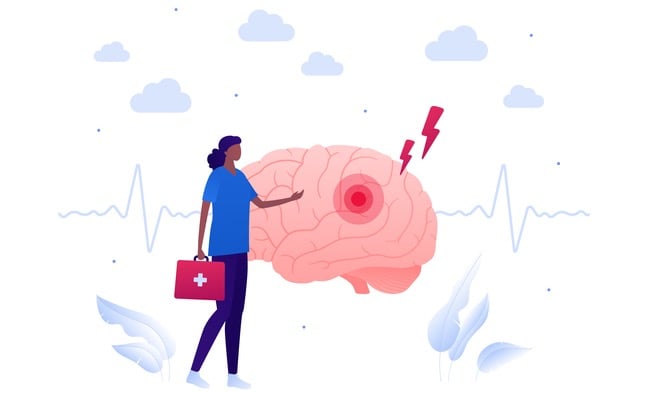 While physical health is undoubtedly important, so is Mental Health. Millions of Americans are affected by mental illness each year. Psychiatric Nurses have the specialized knowledge and skills needed to treat these
While physical health is undoubtedly important, so is Mental Health. Millions of Americans are affected by mental illness each year. Psychiatric Nurses have the specialized knowledge and skills needed to treat these  Before the COVID-19 pandemic, Nursing was known to be a stressful profession. There was plenty of
Before the COVID-19 pandemic, Nursing was known to be a stressful profession. There was plenty of 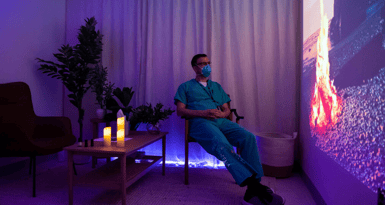 Putrino said, "Listen, what we need is a space or a series of spaces where our healthcare workers can sit down and for just a moment have a lot of their stress just relieved and taken away from them."
Putrino said, "Listen, what we need is a space or a series of spaces where our healthcare workers can sit down and for just a moment have a lot of their stress just relieved and taken away from them." Ohio State University Medical Center (OSUMC) Stress, Trauma and Resilience (STAR) Program uses the Buckeye Paws
Ohio State University Medical Center (OSUMC) Stress, Trauma and Resilience (STAR) Program uses the Buckeye Paws 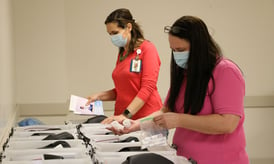
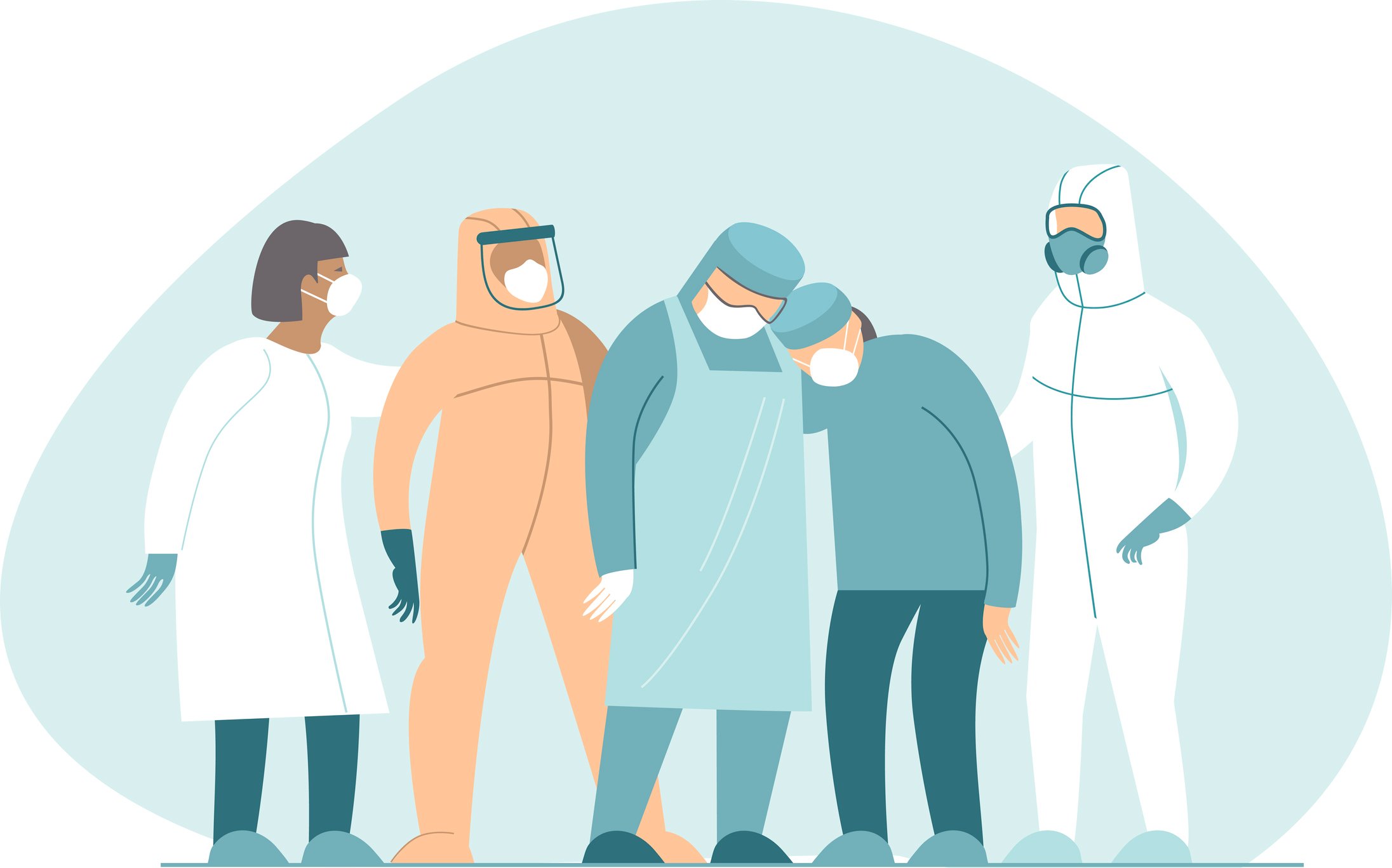 Many Nurses and Doctors said in interviews with
Many Nurses and Doctors said in interviews with 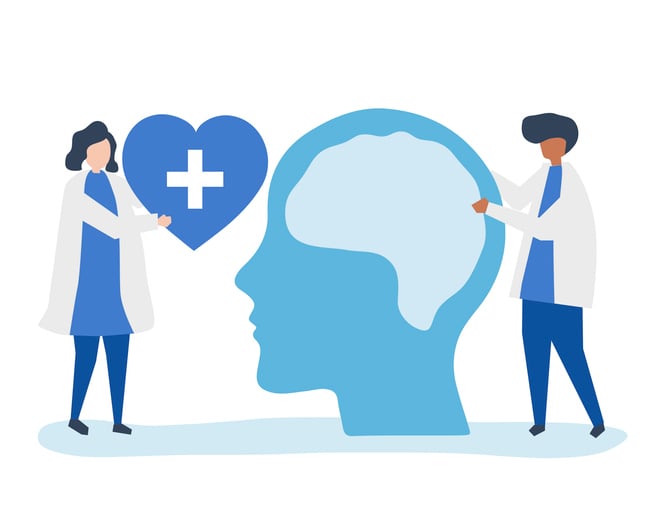 Approximately 56 million American adults are struggling with a mental illness or substance use disorder, according to the
Approximately 56 million American adults are struggling with a mental illness or substance use disorder, according to the 
